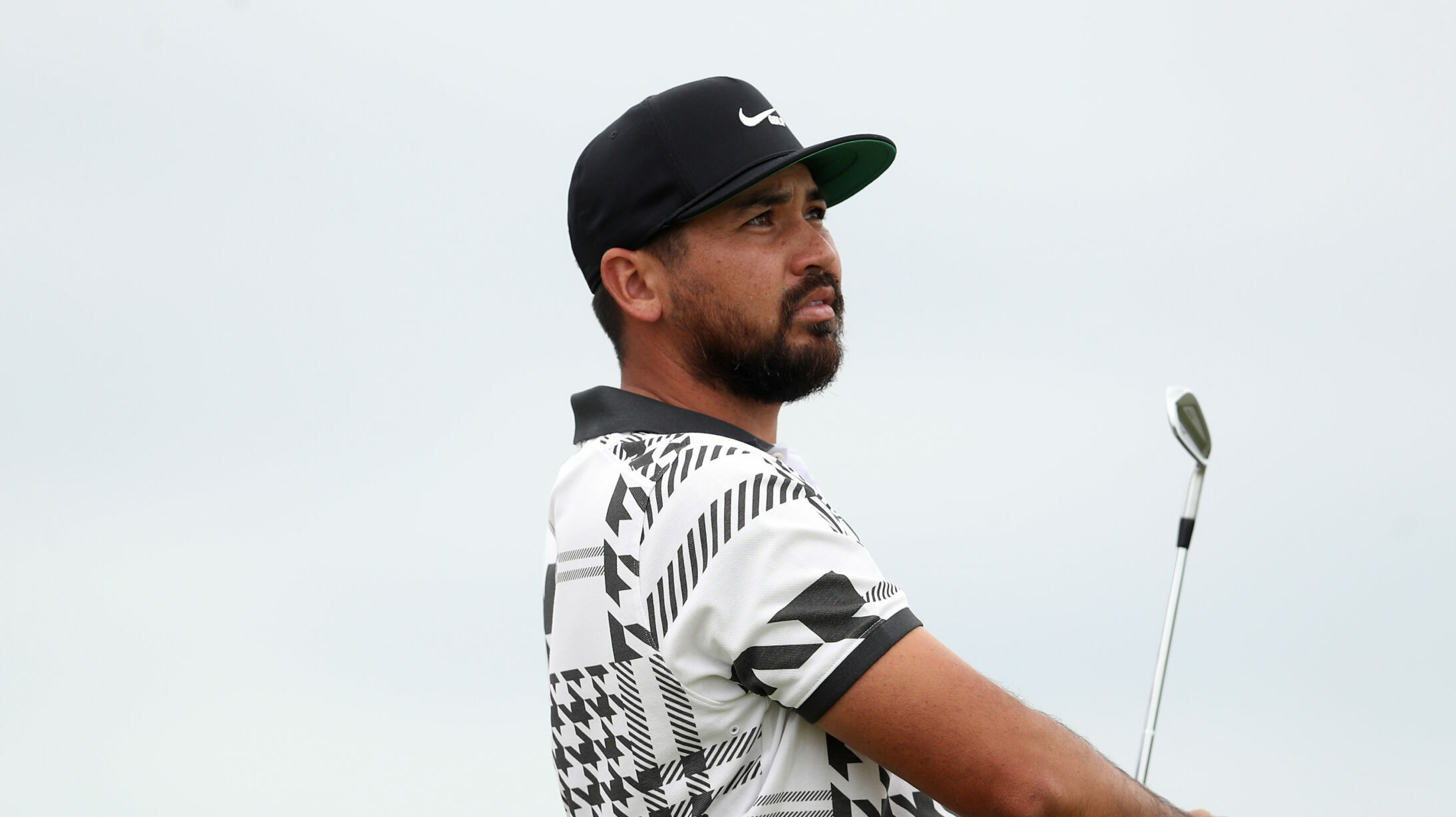News
Phil Mickelson & US Open course set-up, USGA in damage control mode
June 16, 2018
The US Golf Association was in damage control mode Saturday, admitting they botched the US Open course set-up but defending a decision not to disqualify five-time major winner Phil Mickelson.
USGA chief executive Mike Davis admitted organizers' zeal to make the US Open the ``ultimate`` test in golf backfired as higher than expected winds dried out the sloping greens at Shinnecock Hills.
``We felt good about the set-up when we left this morning,`` Davis said. ``We felt that it would work well given the forecast we had. Now that I'm sitting here, we would say that part of this test were simply too tough.
``We saw some examples late in the day where well executed shots were not only not being rewarded but in some cases penalized.``
Davis said the worst spot was the 15th, where the hole location was too close to the edge of the green.
``It worked fine most of the day, but it didn't work fine later in the day,`` Davis said of the pin position at par-four 15th, which was the hardest hole on the course playing at an average of 4.6 shots.
``We simply got higher winds than we anticipated. The grass really began to dry out. If you looked at it at the end, it was almost wilting around there and it just didn't have enough grass to hold the ball up.``
Former Masters champion Zach Johnson said flatly that the USGA had ``lost`` the course.
But Davis said steps would be taken to insure there was no repeat of the 2004 US Open at Shinnecock, where the greens dried out over the weekend to the extent that some were virtually unplayable.
``We must slow the course down tonight and we will,`` Davis said. ``So that probably means more water applied.``
John Bodenhamer, the USGA's managing director of championships and governance, took on the thorny question of Mickelson's amazing swipe at his moving ball on the 13th green.
The five-time major-winner was penalized two strokes under rule 14-5 that bars a player from ``making a stroke at a moving ball``.
After Mickelson admitted he was trying to ``take advantage of the rules`` debate raged on social media as to wether he should be disqualified under the rule stating a player ``must not take an action with the intent to influence the movement of a ball in play``.
Bodenhamer insisted rule 14-5 was appropriate to the situation.
``It is not an intent-based rule,`` he said. ``It is a fact-based rule. You operate under what actually happened.``



